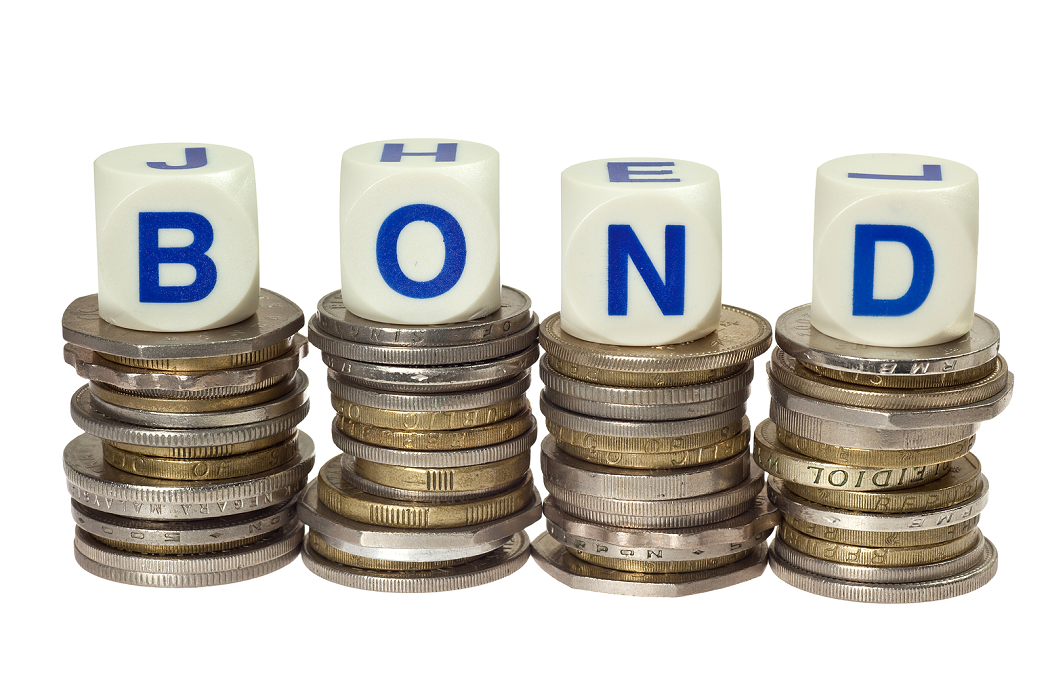Low-Risk Investment Options for Retirees

During this period, individuals retire; thus, getting a source of income is essential. The investment product targets post-employed people searching for products with the most minor risks, giving them regular income to maintain their lifetime savings. These investments offer much-needed relief because they allow you to invest knowing it will not put your financial eggs in one basket. Below are the various low-risk investment opportunities for retirees that will enable them to stretch their savings further.
Certificates of Deposit (CDs)
Certificates of Deposits are one of the favorite tools for retirement investment, as they are a secure and safe means of investment. With this, CDs provide a specific yield rate, agreed upon by both the investor and the bank, and fixed for the agreed period, which could be months or years. As a result, in exchange for leaving your money within the contract term, you will be assured of a fixed amount of return. CDs can be used based on the FDIC's guarantees of up to $ 250,000, which means that this type of investment belongs to the most protected ones. The drawback is that the interest rate tends to be lower than other investment forms, and early withdrawal incurs a penalty.
Treasury Securities
Treasury securities, such as treasury bonds, bills, and notes, are riskless due to the backstop of the U.S. government. These are called fixed-income instruments and pay a known interest rate; they come in several forms regarding their maturity periods. For instance, treasury bonds have long-term maturity and have a flow of income throughout their duration. The returns are relatively small when compared to stocks or mutual funds. However, regarding safety and reliability, Treasury securities are unbeaten, especially for retired persons.
Dividend-Paying Stocks

Typically, stocks are associated with high risk, which differs from dividend-paying stocks since they can yield income and growth with a comparably lower risk rate. Such a company is usually mature with a strong market position and generates constant cash inflows in dividends. Retirees should put their money in several companies that focus on stock dividends while bearing the risks of potential gains in the future. However, investors should always take time to identify those companies that have established themselves in regular dividend payments.
Bond Funds

Bond funds are investment schemes whereby investors pool their money to own bonds from the government, companies, and even municipalities. Such funds allow retirees to make their earnings and, at the same time, avoid higher risks. Bond funds are not as risky as equities and may also give a steady income stream in interest. To lessen the risk, one must invest in high-quality bond funds. Recall that the bond prices highly depend on the interest rates, so before selecting any bond fund, seek the services of a financial planner.
Annuities
Annuities are financial instruments that deliver a fixed amount of money in exchange for an initial lump-sum payment or a periodic series of payments. They are particularly appealing to post-retirement income earners in that they help in providing a regular, predictable income during retirement. For example, one can explain fixed annuities in which the company guarantees a certain rate of return as relatively low risk. Although annuities seem simple, various fees and restrictions make them rather complicated in terms of the chosen product. Consequently, one should consider the terms and conditions of any annuity they want to pursue.
Conclusion
Nevertheless, low-risk investments are essential as they form part of retirement investment strategies. Thus, options like CDs, Treasury securities, dividends, stocks, bond funds, and annuities help retirees maintain their savings and earn regular incomes. However, these choices entail different levels of security and returns, thus calling for consideration of factors such as financial objectives, capacity to bear risks, and income requirements. Therefore, with proper planning and prudent thinking, one is in an excellent position to have a secure financial outlook in retirement
(Writer:Wanny)





